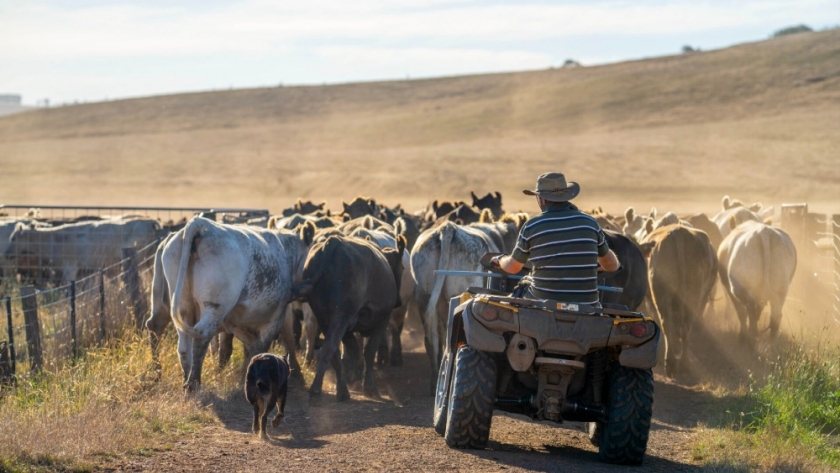
By Agroempresario.com
Agrifood corporations are advancing in their efforts to curb scope 1 and 2 emissions, but addressing scope 3 — emissions stemming from the supply chain — remains a significant challenge, according to a recent report by sustainability nonprofit Ceres. The report, titled "Taking Stock: The State of Climate Action and Disclosure in the Food Sector," reviews the climate disclosures of 50 major agrifood companies and emphasizes the critical need to set robust targets that include scope 3 emissions.
Scope 3 emissions, which encompass the indirect emissions throughout a company’s entire value chain, are often the largest contributor to a company’s carbon footprint. According to the Science Based Targets initiative, scope 3 emissions can account for up to 95% of total emissions in some sectors. The Ceres report stresses that without addressing these emissions, companies will fall short of achieving meaningful reductions in greenhouse gases (GHG) in line with the global 1.5°C climate goal.
Ceres’ findings show that 60% of the companies evaluated are making progress in reducing scope 1 and 2 emissions — the emissions generated by their direct operations. However, scope 3 emissions are proving more difficult to manage as they require collaboration across the entire supply chain, from suppliers to end consumers.

Companies that set validated climate targets aligned with the 1.5°C pathway are more likely to succeed in cutting emissions, according to the report. Ceres highlights that robust target-setting helps companies prioritize climate action internally and identify the most effective opportunities for reductions.
ADM, for example, has been recognized for increasing transparency in its emissions disclosures, allowing for better identification of emissions sources and more precise reduction strategies. The company reports that 20% of its scope 3 emissions come from non-land-based activities like transportation, 37% from land-use changes, and 42% from other agricultural activities, such as fertilizer use.
The report calls attention to the significant role Forest, Land, and Agriculture (FLAG) emissions play in the food sector’s climate impact. McDonald’s and Hershey have both committed to tackling FLAG emissions by integrating them into their broader climate action plans.

Methane emissions are another major focus, particularly for companies involved in dairy production. General Mills, Kraft Heinz, and Starbucks are leading the way by joining the Dairy Methane Action Alliance. These companies have committed to publicly disclosing their methane emissions and laying out specific strategies to reduce agricultural methane in their supply chains.
Collaboration across the industry is seen as a vital step in scaling efforts to reduce scope 3 emissions. Ceres points to partnerships such as General Mills and Ahold Delhaize’s recent agreement to transition shared agricultural land to regenerative practices as an example of how collective action can amplify impact. These partnerships align with broader efforts to support legislation, such as the Enteric Methane Innovation Tools for Lower Emissions and Sustainable Stock Act, which seeks to address methane emissions in livestock.
As the agrifood sector continues to face pressure from investors and regulators to address climate risks, the Ceres report serves as a roadmap for companies looking to accelerate their progress and lead the way in sustainable practices.
